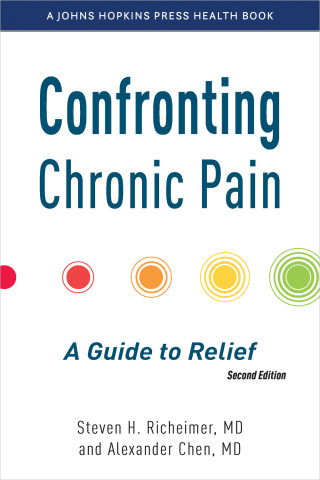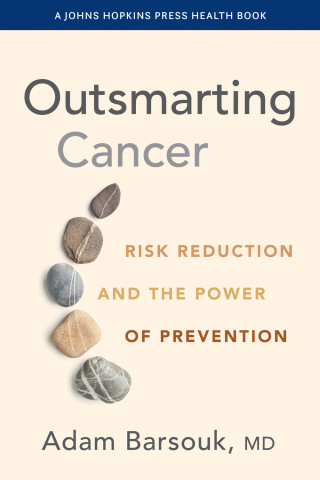
Reviews
Gerdes provides advice to men designed to expand 'masculinity' and improve well-being. The author's tone is light and engaging and will appeal to many men. Man Kind effectively summarizes research on a range of topics (e.g., stress, emotionality, self-reliance) concerning the role of masculinities in limiting or promoting health and well-being.
In Man Kind, Dr. Zachary Gerdes distills extensive psychological findings to affirm that men can feel proud of their masculinity while developing flexible notions of masculinity and adapting them to different situations. Employing 'LIFT,' his intriguing model for male wellbeing based on science and his deep and sensitive understanding of men, Dr. Gerdes explains men can simultaneously avoid certain notions of masculinity that hinder growth and functioning while shaping a positive, honorable form of manhood.
Man Kind is a welcome shift from bleak discussions of a 'masculinity crisis' towards a hopeful exploration of inclusive and expansive masculinities. It is a wonderful balance of philosophical, scientific, psychological, and cultural insights, without losing sight of the practical. With a focus on flexibility, nuance, and accountability, Dr. Gerdes provides concrete, evidence-based strategies rooted in ACT and CBT to guide men through their gender role journey. The harsh realities of homophobia and sexism underlie the urgency of his message—men deserve more from masculinity.
Man Kind gives us vocabulary and tools to have a critical conversation about masculinity. Dr. Gerdes's work empowers us to be active agents in creating inclusive and flexible visions of masculinity that serve to benefit us all. Very useful for community leaders, mental health professionals, medical professionals, coaches, and educators to help reframe the conversation about masculinity in productive and accessible ways.
An antidote to simplistic culture war assertions, Dr. Gerdes draws on solid research on the impact both healthy and harmful assumptions of masculinity on men's mental health while providing a clear framework and useful tools for promoting well-being. Man Kind is a gift for all of us striving for a better vision of what it means to be a man.
Without vilifying men or throwing out manhood altogether, Man Kind is a refreshing book that expands what it means to be a man in an increasingly confusing time for men. Men from any background can find common ground and inspiration in Dr. Gerdes' deeply approachable book. As a psychologist and social scientist, I highly recommend men read Man Kind during their journey to find a non-confining version of masculinity of which they can be proud.
How can men live healthier and more fulfilling lives? Dr. Gerdes addresses this question by skillfully translating scientific and scholarly concepts about masculinities into practical techniques and applicable insights. This book has the perfect combination of personal anecdotes, contemporary examples, and scientific research. I highly recommend it!
Book Details
Foreword by Ronald Levant, PhD
Introduction
Part I: Leverage
Chapter 1. The Lay of the Land
Chapter 2. Working Harder and Smarter
Chapter 3. Expanding the Wolfpack
Part II: Intelligence and Insight
Chapter
Foreword by Ronald Levant, PhD
Introduction
Part I: Leverage
Chapter 1. The Lay of the Land
Chapter 2. Working Harder and Smarter
Chapter 3. Expanding the Wolfpack
Part II: Intelligence and Insight
Chapter 4. Emotionality
Chapter 5. Fight-or-Flight Club
Part III: Freedom
Chapter 6. Freedom from Addiction
Chapter 7. Sex, Relationships, and Freedom
Chapter 8. #MeToo and Manning Up
Chapter 9. Freedom from Implicit Bias and Identity Dissonance
Part IV: Truth
Chapter 10. Mental Health is Real Health
Chapter 11. Biology and Beyond
Acknowledgments
Notes
Index






